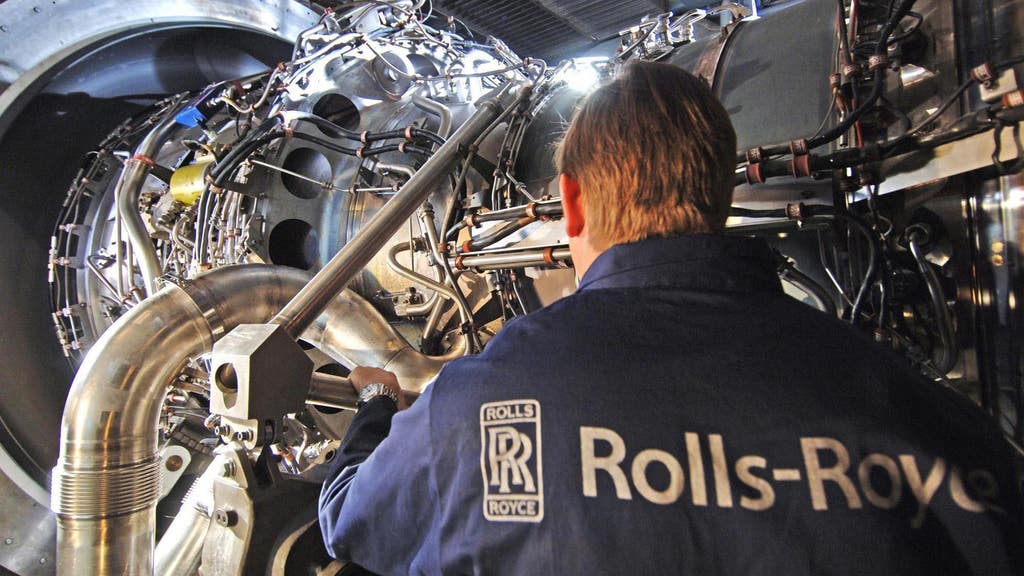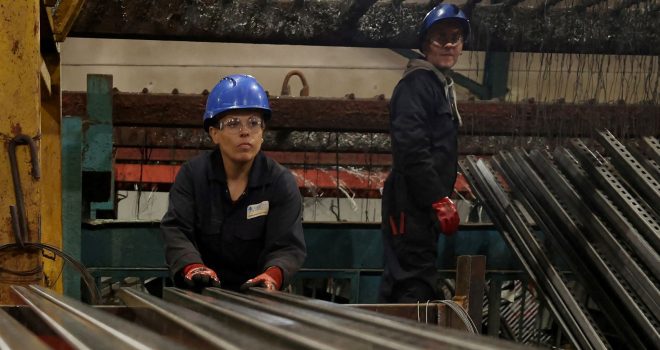Rolls-Royce Warns Mutated Covid-19 Strains Add Pressure To Business

Engine-maker Rolls-Royce has warned that the more contagious variants of the Covid-19 virus are creating additional uncertainty for the business as air travel remains heavily reduced.
Bosses said the delay in recovery of long-haul travel over the coming months – compared with their expectations that the first six months of the year would see a steady improvement – is now placing extra financial pressure on its customers and the sector.
Rolls-Royce makes a large chunk of its income from its civil aviation division with contracts based on the number of hours its engines are flown.
But the company revised down its expectations of hours flown in 2021 from being 70% of pre-pandemic 2019 levels to just 55%.

In a statement to the London Stock Exchange, Rolls-Royce said: “Continued progress on vaccination programmes is encouraging for the medium-term recovery of air traffic and economic activity.
“In the near term, however, more contagious variants of the virus are creating additional uncertainty.
“Enhanced restrictions are delaying the recovery of long-haul travel over the coming months compared to our prior expectations, placing further financial pressure on our customers and the wider aviation industry, all of which are impacting our own cash flows in 2021.”
The company said it still expects to stop losing money and become “cash flow positive” at some point during the second half of the year, with liquidity of around £9 billion.
It also added that its major redundancy programme is now ahead of schedule, with 7,000 jobs lost in 2020.
Previously bosses said they hoped to cut 5,500 in 2020 with a total of 9,000 roles going by 2022 as part of £1.3 billion cost-cutting measures.
The latest update also includes guidance from the company that liquidity is expected to be around £9 billion for the 2020 financial year – at the top end of the guided range.
Rolls-Royce Holdings Plc Trading Update https://t.co/19UY67cwF3 pic.twitter.com/yGGc9jHDlP
— Rolls-Royce Press (@RollsRoycePress) January 26, 2021
Analysts say this suggests net debt is likely to be at the low end of guidance of between £1.5 billion and £2 billion.
The company raised £5 billion last year to survive the pandemic through tapping up shareholders and borrowing from the Bank of England.
Earlier this month it also ended a long-running dispute at its factory in Barnoldswick, Lancashire, after workers accepted a deal following industrial action.
Members of the Unite union took action last November in protest at plans to cut jobs and move work making aeroplane fan blades to Singapore.
Unite said the deal, which has been supported overwhelmingly by the workforce, will give the historic site a new lease of life as a core manufacturing facility and make it host to a new centre of excellence.




